Contributed by reader Timothy Wee of Raffles Junior College
"Chess? Sport?"
So began Red Sports’ hotly debated article "The Sport of Chess". Indeed, chess barely fits the attributes of a sport. As the article points out, the mental picture of sport involves some "sweaty physical exertion". The question is: should we begin to expand our definition of sport to include games like chess which are more mentally taxing than physical? Has chess gone far enough in Singapore, to warrant being on par with the other major sports such as soccer or swimming?
Read on and judge for yourself.
Just two weeks ago, the 60th National School Individuals Chess Championships were held at Teck Ghee Community Club. Participation was overwhelming, with 1,180 competitors spread over the 6-day tournament. Nearly three-quarters of them were students under the age of 13.
Of course, numbers are not everything. What would be the point if the kids were forced by parents, or played reluctantly and dispiritedly? As an arbiter (somewhat like a referee) in this annual tournament, I can testify that this was not the case. I never saw so much emotion in my life. After each round, players beamed with joy as they reported their wins, the more hyperactive boys and girls even jumping with glee. Those who lost were no less expressive, with several young players bursting into tears for messing up a good position. It was evident that they viewed the game with the same seriousness as a national sportsman would.
Impressively, the competition statistics indicate that Singapore chess players are fighters. Unlike international competitions where Grandmaster Draws (short, unfought draws) are common occurrences, this one was a bloody slugfest. Mr. Alberto, National Arbiter from Spain, commented that this tournament boasted the lowest draw ratio he had ever seen. As in sport, the chess players appear to have cultivated the same no-compromise, strive-for-the-best spirit.
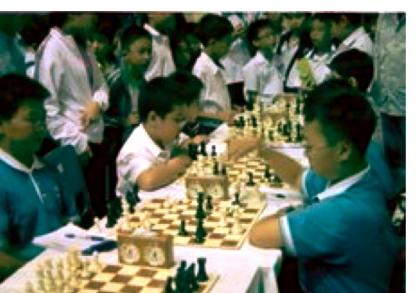
Chess involves competition, builds character, summons enthusiasm and nurtures sportsmanship. I say, let’s not harp on the fact that chess is too quiet or physically untiring. Embrace it for its merits, and allow the intensified mental exertion involved to make up for the game’s lack of physical exertion.
Back to the National School Individuals Chess Championships 2008. There were several distinguishing features which demonstrate that Singapore chess is coming into its own. First, this year's competition saw each age category playing on a different day. This was a major change from the previous years, where all the players played together in one day (at a much larger venue). While the "one big family" atmosphere was lost, it did give players more optimal conditions i.e. less noise and distractions. This format also allowed young players to take part in older age categories to gain more experience – an under-7 player can in fact play on all 6 days; which is what some players did. One notable performance came from 8-year-old Derek Lim, Singapore's first-ever world champion. Ranked 64th in the open category, he achieved a commendable 43th position. I was amazed at the maturity of his game – perhaps we are looking at Singapore’s answer to Garry Kasparov!
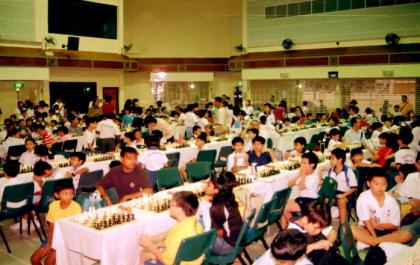
Another interesting feature of the tournament was its attempt to close the gap between the sexes. In particular, the open category was mixed, where boys and girls above 15 battled it out on an equal footing (in the other categories, boys and girls played separately, as with most other sport). While some girls lamented having to play much tougher opponents, the advantages of this new scheme is clear. Just as younger players get to compete with older ones, so too do the girls now get to widen their chess horizons by playing with their more advanced male counterparts.
And fare well they did, with Hwa Chong Institution’s Liu Yang coming in 8th and Victoria Chan from Nanyang Girls’ High coming in 13th overall. I strongly believe this format will reap its rewards in due time. China has already successfully implemented it, training up its female players by pitting them against strong male competition.
This year's National School Individuals Championships was also one of the closest in history. Out of the 11 categories, 5 involved a tie and a playoff to determine the final winner. Clearly a growing number of Singaporean are excelling at the game. Players like 13-year-olds Graham Chua from Raffles Institution and Danielle Ho from Nanyang Girls’ High do Singapore proud in international competitions. But what we did not know, is that “the rest are not far behind,” as Mr. Ignatius Leong, President of the Singapore Chess Federation proudly announced. Graham had to fight hard for his title in a playoff which he won eventually. If we assume all players were playing at maximum capacity in this championship, we can surely expect quite a number of Singapore players to fare brilliantly on the international circuit.
At this rate, dare we say that chess might soon become Singapore's medal-winner? After all, which other sport has produced a world champion? Look out for it, I say.
OVERALL RESULTS AND STANDINGS
Open Winner: Shen Chuan Qi (RI)
Open U15 Winner: Timothy Chan (RI) after playoff
Open U13 Winner: Graham Chua (RI) after playoff
Open U11 Winner: Francia Goh (Nan Hua Primary)
Open U9 Winner: Derek Lim (ACS Junior) after playoff
Open U7 Winner: Ryan Cheng (Kheng Cheng)
Girl U15 Winner: Selina Sia (Nanyang Girls’)
Girl U13 Winner: Danielle Ho (Nanyang Girls’) after playoff
Girl U11 Winner: Monisha Raja Jawahar (Northland)
Girl U9 Winner: Amber Lai (Tao Nan) after playoff
Girl U7 Winner: Gabrielle Ho (Raffles Girls’)



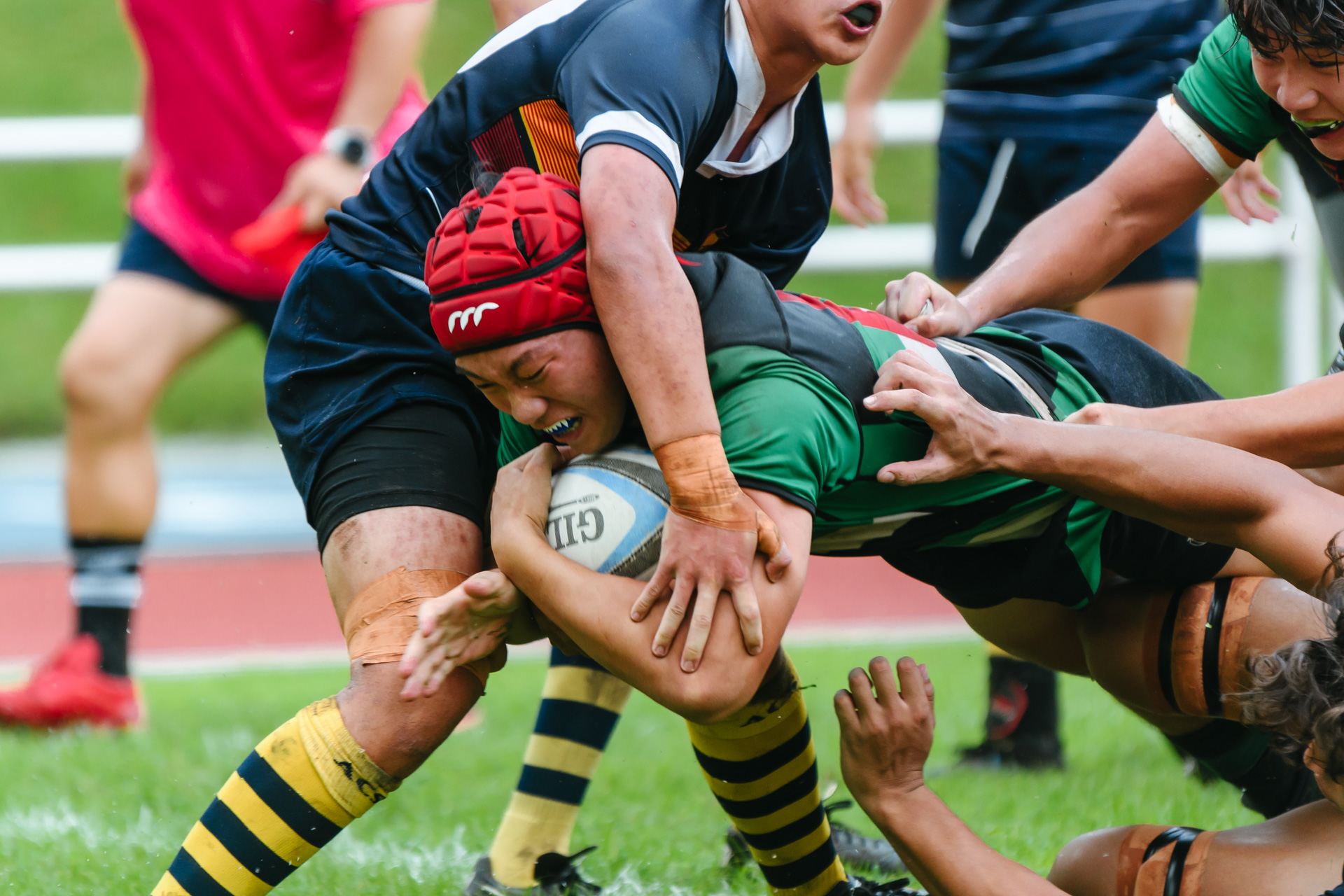
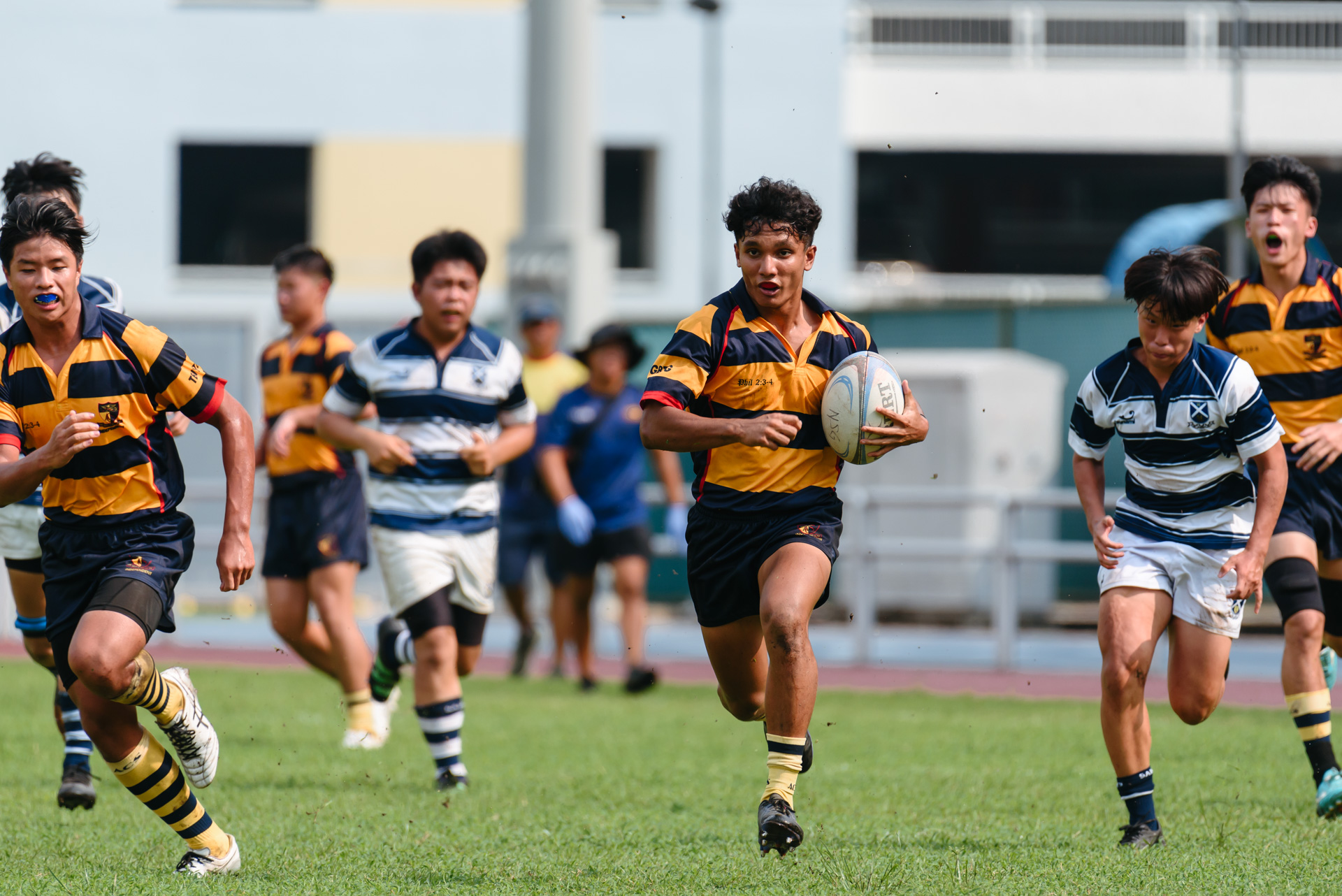
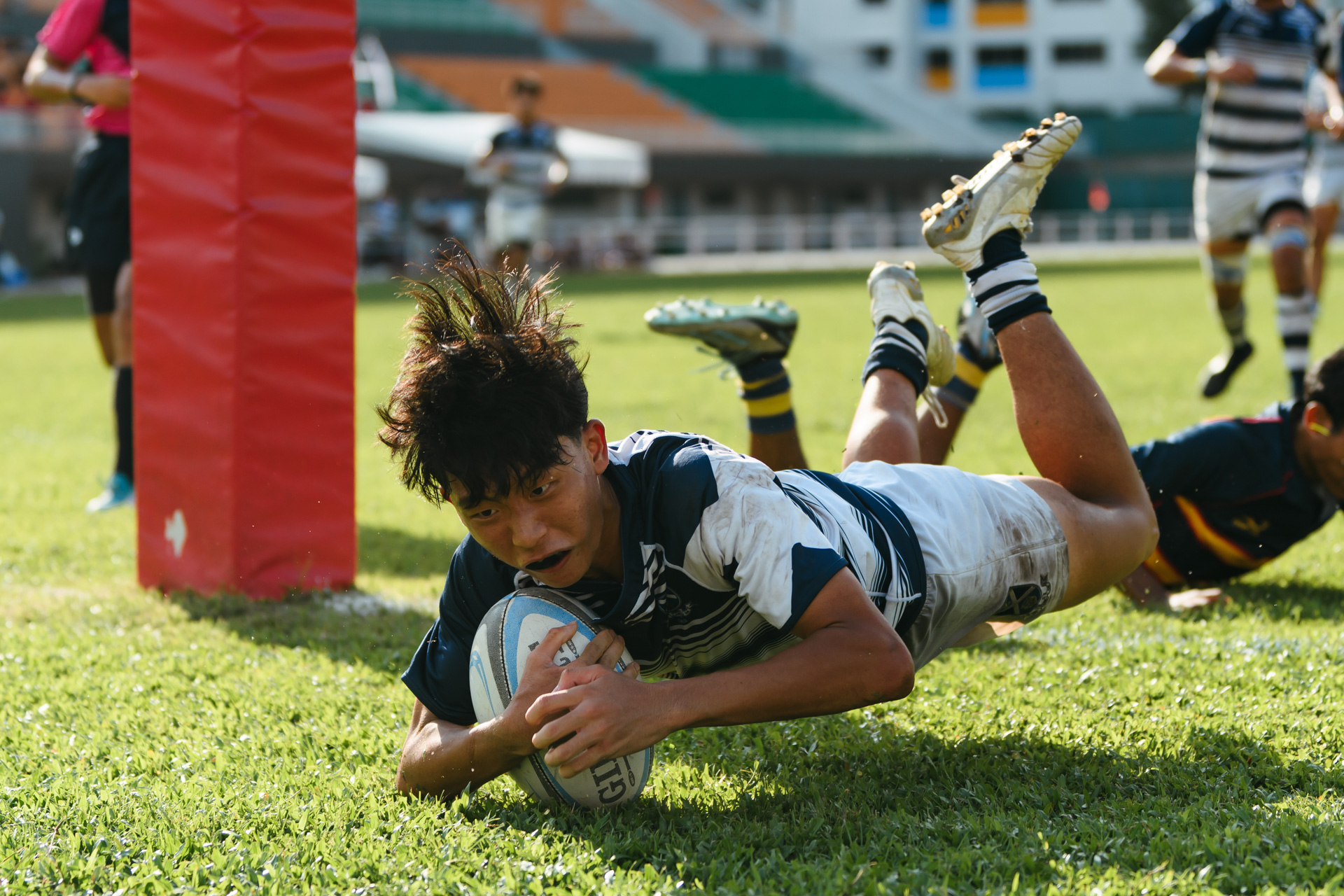

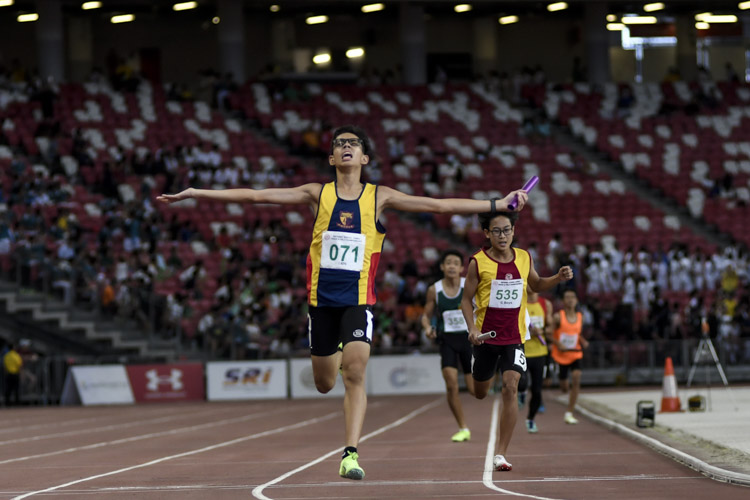
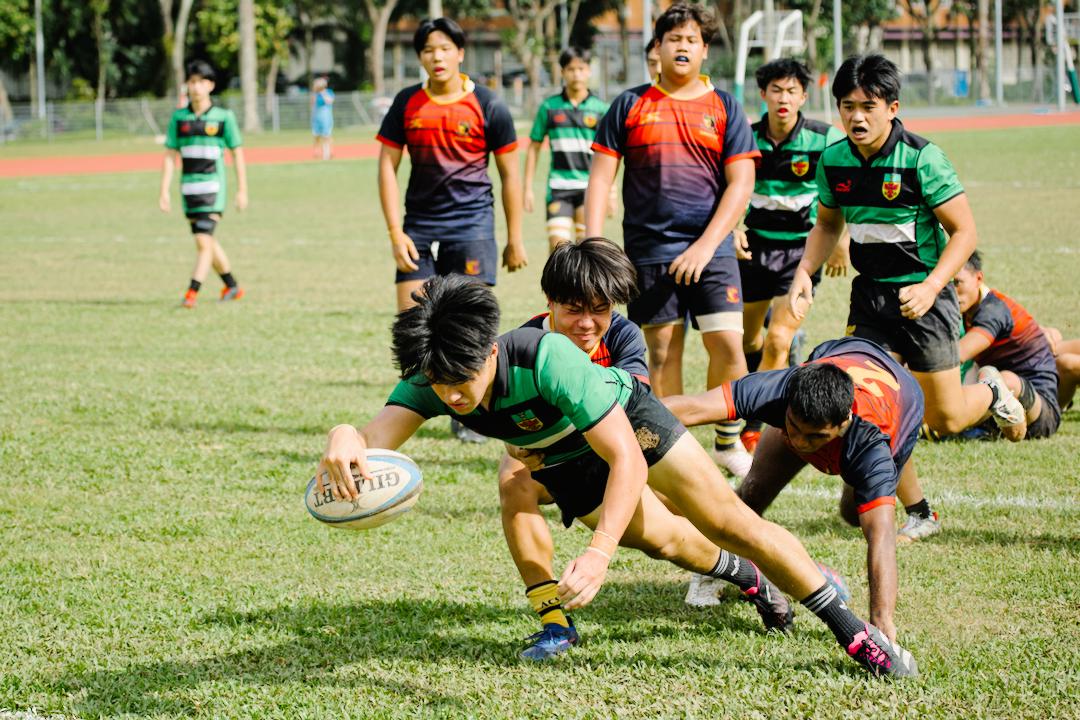
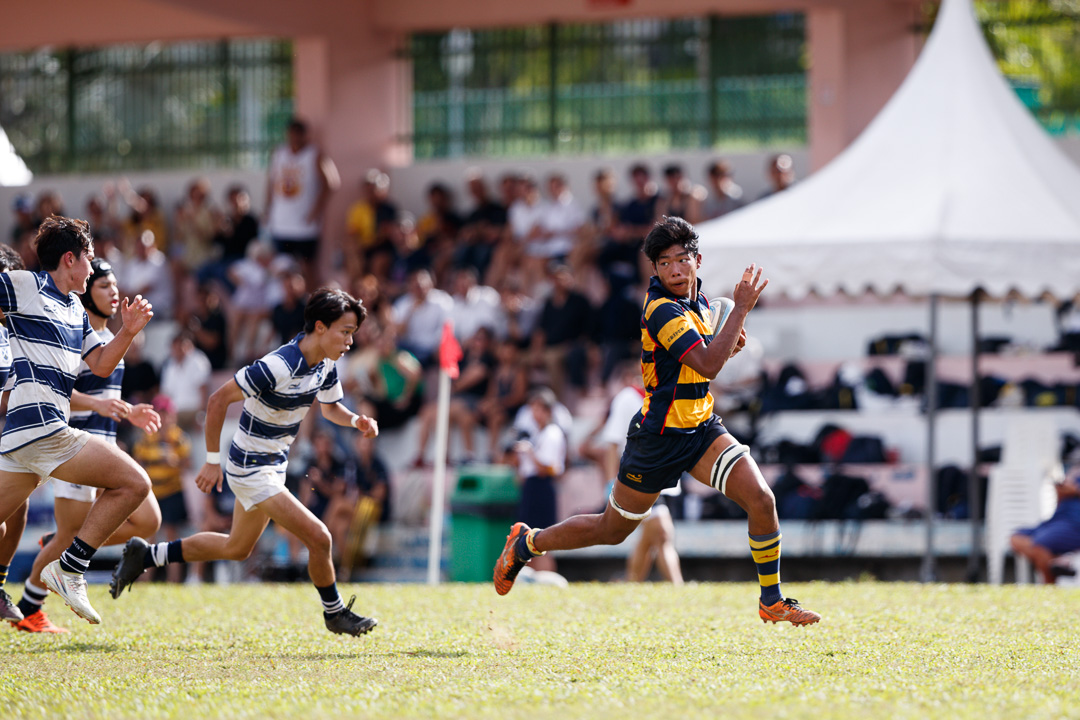
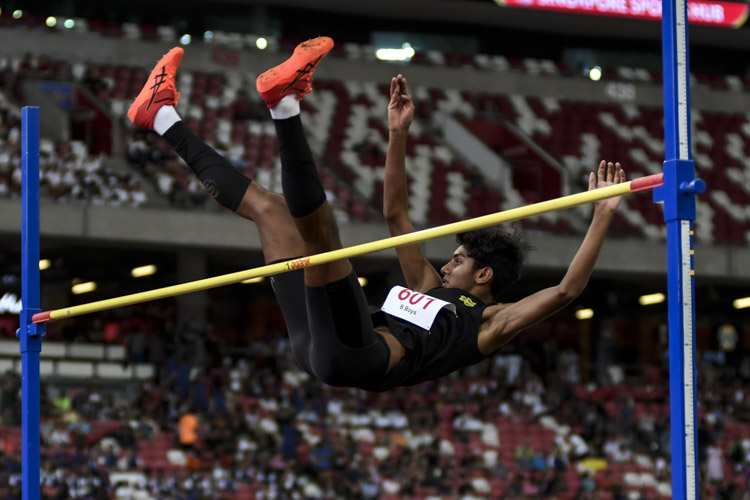
Leave A Comment